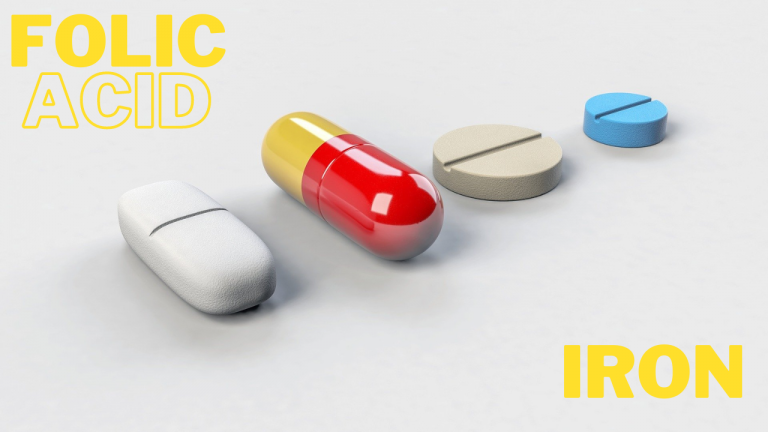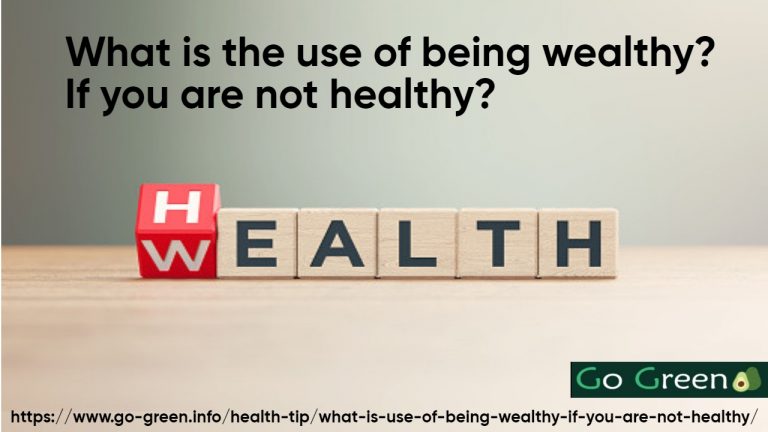What makes “vegan” different from “plant-based?”

“Vegan” and “plant-based” are two terms often used to describe dietary choices that focus on plant-derived foods and abstain from animal products. While there is some overlap between the two, they have distinct differences in their principles and applications:
Vegan:
Veganism is a lifestyle that seeks to avoid the use and exploitation of animals in all aspects of life, not just in the diet but also in clothing, cosmetics, entertainment, etc.
Vegans strictly avoid all animal-derived products, including meat, poultry, fish, dairy, eggs, honey, and other animal by-products.
Ethical reasons, such as concern for animal welfare and the environment, are often the driving force behind choosing a vegan lifestyle.
Plant-based:
Plant-based diets are focused on consuming primarily plant-derived foods and reducing or eliminating animal products for health reasons.
While plant-based diets primarily consist of fruits, vegetables, grains, legumes, nuts, and seeds, some variations might occasionally include small amounts of animal products, but they are not a central part of the diet.
The main motivation for following a plant-based diet is often related to health benefits, such as reducing the risk of chronic diseases and promoting overall well-being.
In summary, the key difference lies in the motivation and scope of each dietary choice. Vegans avoid animal products due to ethical concerns and strive to live a lifestyle that doesn’t exploit animals in any way. On the other hand, plant-based diets focus primarily on consuming plant foods for health reasons, without a strict commitment to excluding all animal products from other aspects of life. However, it’s worth noting that some individuals may adopt a plant-based diet as a stepping stone towards veganism or incorporate elements of both lifestyles to align with their values and health goals.



